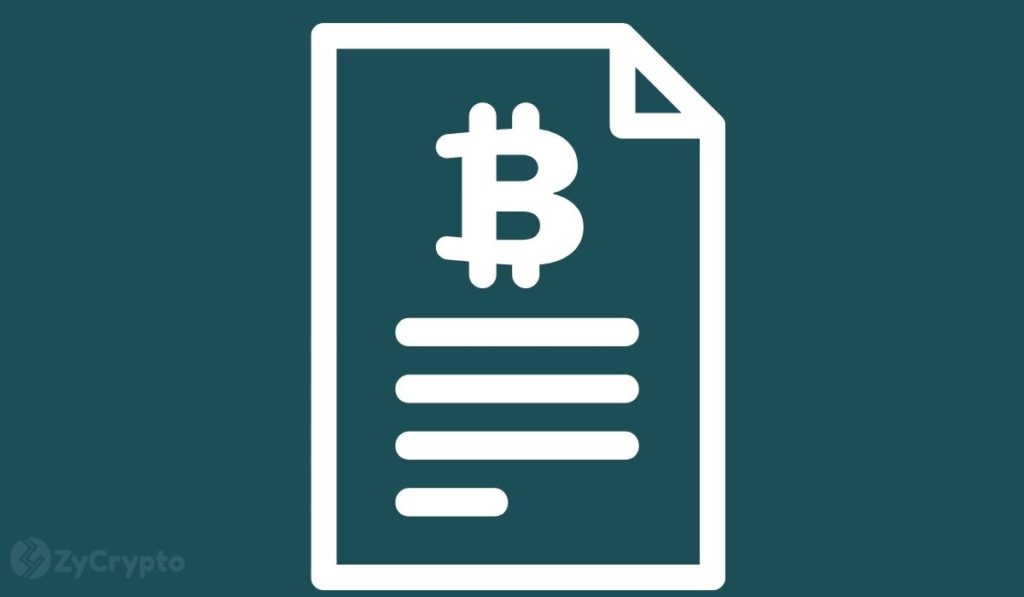2018-10-28 03:54 |
Bill Barhydt, founder and CEO of the cryptocurrency platform Abra, wrote an opinion piece at CoinDesk in which he talks about Satoshi Nakamoto and the Bitcoin white paper. He starts the article by saying that he read Satoshi’s white paper just a few weeks after it was released.
About the whole white paper, he remembers a very important part that ‘grabbed’ his attention. The paragraph that captured his attention was related to the double-spending problem and how to solve it.
Bitcoin’s White Paper reads as follows:
“We propose a solution to the double-spending problem using a peer-to-peer distributed timestamp server to generate computational proof of the chronological order of transactions.”
When Barhydt read this phrase for the first time, he couldn’t believe that there was a solution for the double-spend issue in a peer-to-peer network. Digital currency transactions before Bitcoin had this problem as one of the main issues to be solved. Transactions taking place through the internet required trusted third parties to process the transactions.
He explains that trust is one of the most important components of payment systems and schemes. Credit cards and bank wires require trust from third-parties. This is a big problem because it adds friction to the whole process and increases the costs and times for processing a simple transaction.
By solving the double-spend issue, he comments, the digital world would allow for real-time commerce possible between different actors around the world. It would not be necessary to have a bank account or be located in a specific geographical location.
Barhydt says that Bitcoin success was related to the fact that it was a very good idea implemented at the right time. Ten years ago, the financial crisis of 2008 and the consequences of it hit the world, almost without exceptions.
After the crisis, financial innovation slowed down and users were not able to have the same services as they had in the past.
At that time, he explains that he was building a mobile banking application and functionality. However, one of the main obstacles he had to face were related to the regulatory requirements imposed by these financial institutions. With the surge of a new system that tackled the double-spend problem, new opportunities appeared.
After ten years since this solution entered the market, the double-spend problem is already showing the ‘far-reaching results of what permissionless, distributed economy can look like,’ he says.
According to Barhydt, Bitcoin eliminated the need for a centralized middle-man creating a new banking infrastructure. Moreover, the infrastructure shows to be incredibly secure and it allows other apps and services to be built on top of it.
He explains that there are different companies in the financial world that are working in many different ways with all the tools provided by Bitcoin and cryptocurrencies. It is now possible to use Bitcoin and think about credit, lending and many other things in a totally different way.
Barhydt talks then about Bitcoin’s future and how it will allow for all kinds of financial innovation possible. He believes that there will be a new world of micro-investing in different assets everything performed using Bitcoin’s programmable money.
About it, he mentioned:
“We also foresee a world of micro-investing in stocks, bonds, mutual funds, etc., all made possible by bitcoin’s programmable money attributes. Abra’s synthetic assets are bitcoin collateralized contracts that make this type of micro-investing a reality today. Our goal is to democratize access to investment opportunities on a global scale.”
With the different programmable aspects of the most popular virtual currency, all these ideas can be implemented in the future. And indeed, users will not even know that they are using Bitcoin’s technology or blockchain. With improvements in user experience and other aspects, the world of virtual currencies has a lot of potential for the next years.
As he explains, solving the double-spend problem allowed the internet to move forward on its promise to offer an open information network. Furthermore, Bitcoin was able to eliminate the need for trusted third-parties allowing for a new world of economic freedom.
origin »Bitcoin price in Telegram @btc_price_every_hour
Bitcoin (BTC) на Currencies.ru
|
|












